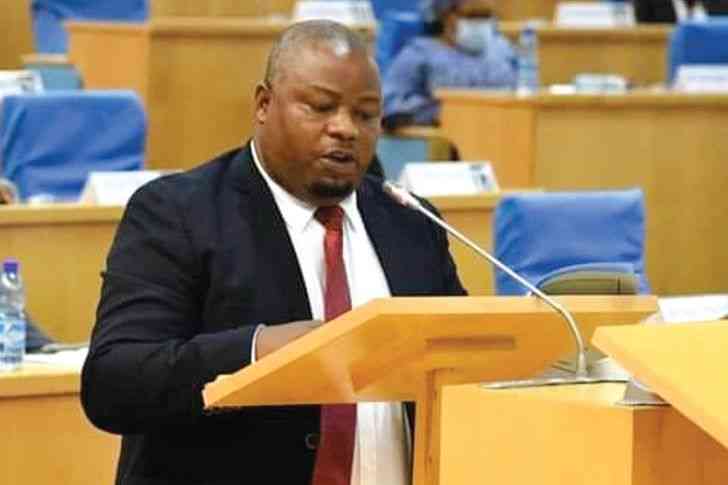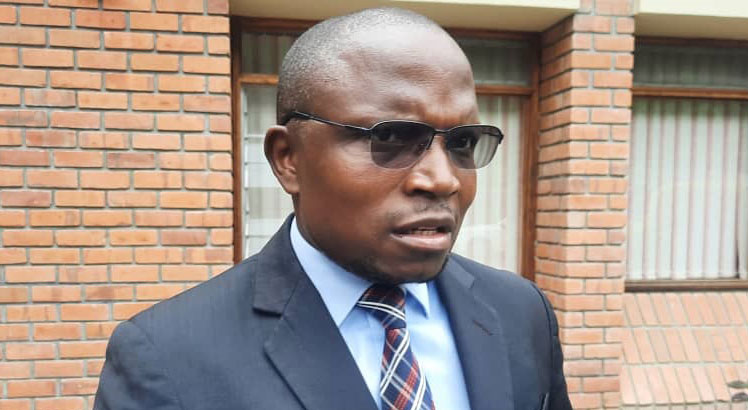Activists call for sustainable reforestation drive
Environmental activists have called for the need to assess key drivers of deforestation to ensure sustainable management as the country keeps losing trees at an alarming rate, thereby worsening climate change impacts.
The environmental activists stated this in interviews ahead of the launch of the National Forestry Season this Friday by President Lazarus Chakwera.
Centre for Environmental Policy and Advocacy (Cepa) executive director Herbert Mwalukomo welcomed the National Forestry Season as a good initiative, but observed that once the trees have been planted, little happens in terms of managing them.
He said: “It is not enough to plant a tree without monitoring its growth. Managing a tree we plant is what will make a difference in terms of forest cover in the country.

plant trees
“Law enforcement on deforestation can also help to reduce the malpractice to make sure that the hectarage that we want to restore is realised.”
In a separate interview, environmental activist Mathews Malata emphasised the need to accelerate efforts in afforestation initiatives, saying deforestation is occurring at an alarming rate.
He said the tree survival rate, which government estimated at 69 percent, remains on the lower side. He, thus, said there is need to invest time and resources in a manner that Malawi as a country can go back to the trees and take care of them.
Malata said: “Monitoring has been a challenge over the years and this is why we are failing to register progress on the survival rate. We should also embrace a culture of promoting natural regeneration which is cheaper as compared to the actual tree planting process which demands a lot of resources.”
He has since urged the government to look at the key drivers of the country’s alarming deforestation, adding that companies that have been given licences for sustainable charcoal production should be monitored and expanded to rural areas.
Briefing journalists in Lilongwe earlier, Minister of Natural Resources and Climate Change Eisenhower Mkaka said his ministry supports efforts to promote sustainable charcoal production to address domestic energy demands to reduce deforestation.
He said government supports companies involved in the production of briquettes and sustainable charcoal to address domestic energy demand and reduce deforestation.
The minister said: “We are supporting companies that are producing briquettes and sustainable charcoal to address domestic demand and ultimately to reduce deforestation. For the country to achieve the set targets, there is a need for the country to join hands and be part of the initiative to halt forest degradation and deforestation.”
Mkaka further called upon private sector companies to join the forest restoration movement through the ‘Adopt a Forest Initiative aimed at restoring degraded forest landscapes and managing natural regeneration.
“National Bank of Malawi has adopted three forests, one in Chitipa, another in Dedza and the Palm Forest in Mangochi while FDH Bank has adopted Chingale Hills in Zomba. In view of this, I wish to call upon private companies to come forward and engage my ministry and join on the forest restoration movement,” said the minister.
Mkaka also outlined efforts to incentivise local communities in afforestation and forest management activities, saying the ministry has instituted a Restoration Championship Programme which aims to recognize and spotlight activities and actors in Malawi that are restoring landscapes to regain ecological integrity and enhance livelihoods.
The minister said in this year’s forestry season, which runs from December 15 to April 15, government plans to plant 50 million trees to restore over 29 000 hectares of natural vegetative cover. This is an increase from the last year’s target of 40 million trees.
The President is expected to preside over this year’s National Forestry Season launch at Palm Forest in Mangochi under the theme ‘Restore degraded forest landscapes for livelihood security’.





